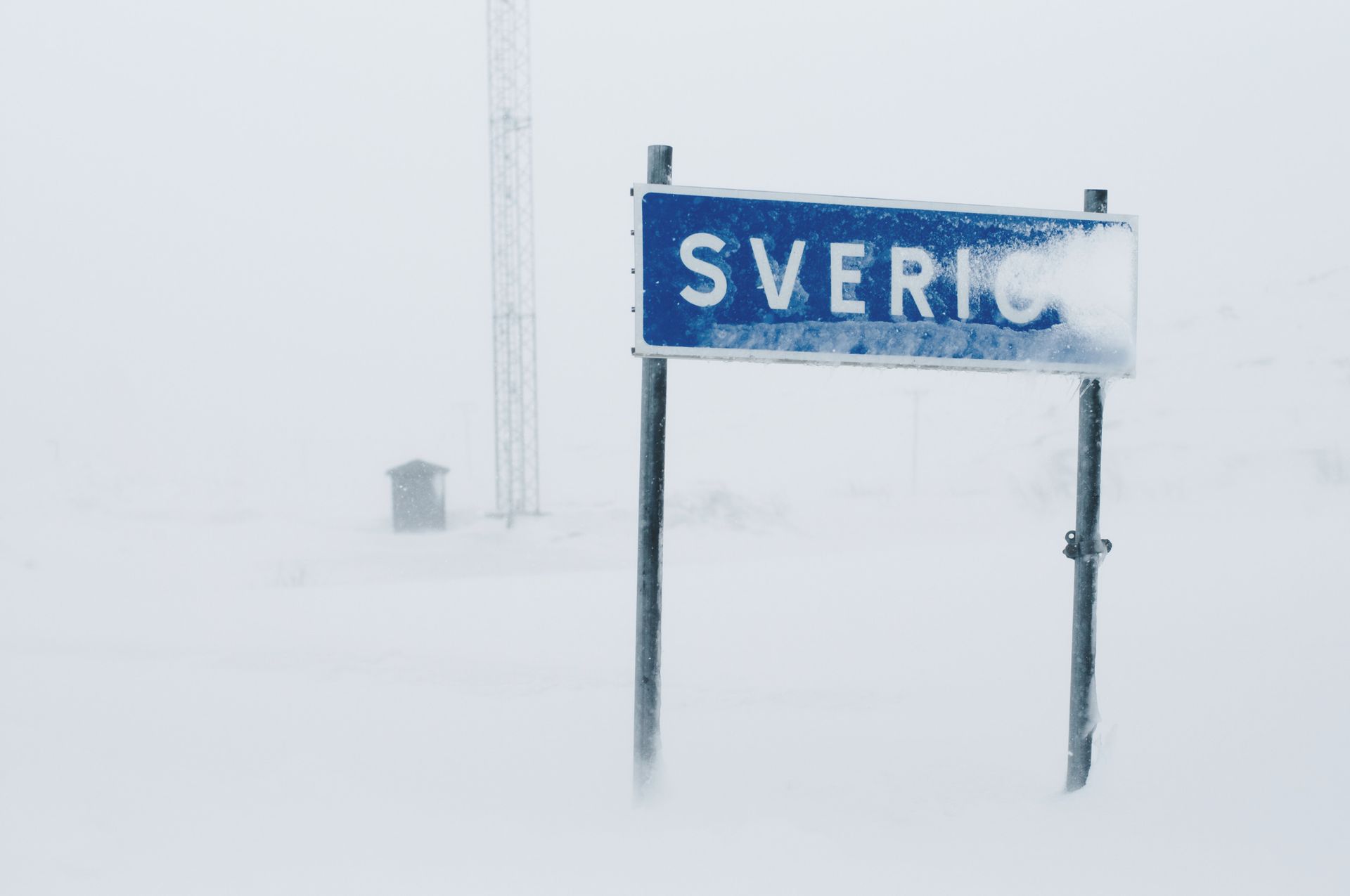
Written by Dena
22 Apr 2016
“Du ska inte tro att du är något.”
“You shall not think that you are something [special].”
Our topic today is The law of Jante, or as it’s called in Swedish: Jantelagen. Jantelagen is not a real law or legal norm, but it in many ways regulates and governs the Swedish mentality. Andac wrote about what Jantelagen is and how it is rooted in the Swedish society.
What is interesting about Jantelagen is not only its peculiarity, but the way it is ambiguous in the context of whether it’s bad or good. It all boils down to a balancing act.
On the one hand, Jantelagen is good: it represents a communitarian perspective on the society, where many individuals aim to contribute to the community as a whole, in a sense that everyone is equally important. No one is better or worse than the next person, everyone has a purpose to make the society better in some way. Sweden is already famous for its egalitarianism. Albeit imperfect, Sweden is on the forefront of societal equality, and Jantelagen could be one of the reasons that is so. This is perhaps reflected in the work hierarchy in Sweden, or the lack of it. Furthermore, Jantelagen largely contributes to the notion of political correctness, which, again, can be tied to the whole communitarian, egalitarian notion of Jantelagen.
On the other hand, Jantelagen has recently been seen in a bad light: many young Swedes feel that Jantelagen is oppressive. This means that Jantelagen is standing in the way of exposing and flaunting one’s personality as it is. This comes down to the fact that Jantelagen is partly an internal thing, meaning that a person feels the need to follow Jantelagen from a very early age and polices him/herself to abide by it. However, it is also partly an external thing, meaning it is enforceable upon others, and that is where the issue with Jantelagen comes up, in my opinion. The feeling of being judged for being proud of your own self, or your achievements could create frustrations that needn’t be there and could have an impact on many aspects of diversity in the long run. As the society becomes more individualistic, Jantelagen struggles to remain a societal norm. In part, this can be blamed on social media (yeah, throw yet one more thing on the back of social media), seeing as it encourages showing off and being proud of one’s life accomplishments etc.
There are many arguments pro and contra Jantelagen and it is an unsettled debate about what effect it can have in today’s society. Perhaps it made sense in the past, more than it does today. Perhaps Jantelagen needs to be amended to fit the needs of today’s society. Or maybe Jantelagen is just fine, and the society is shifting towards a downward spiral?
_______
Featured image:Helena Wahlman/imagebank.sweden.se




